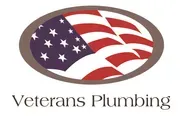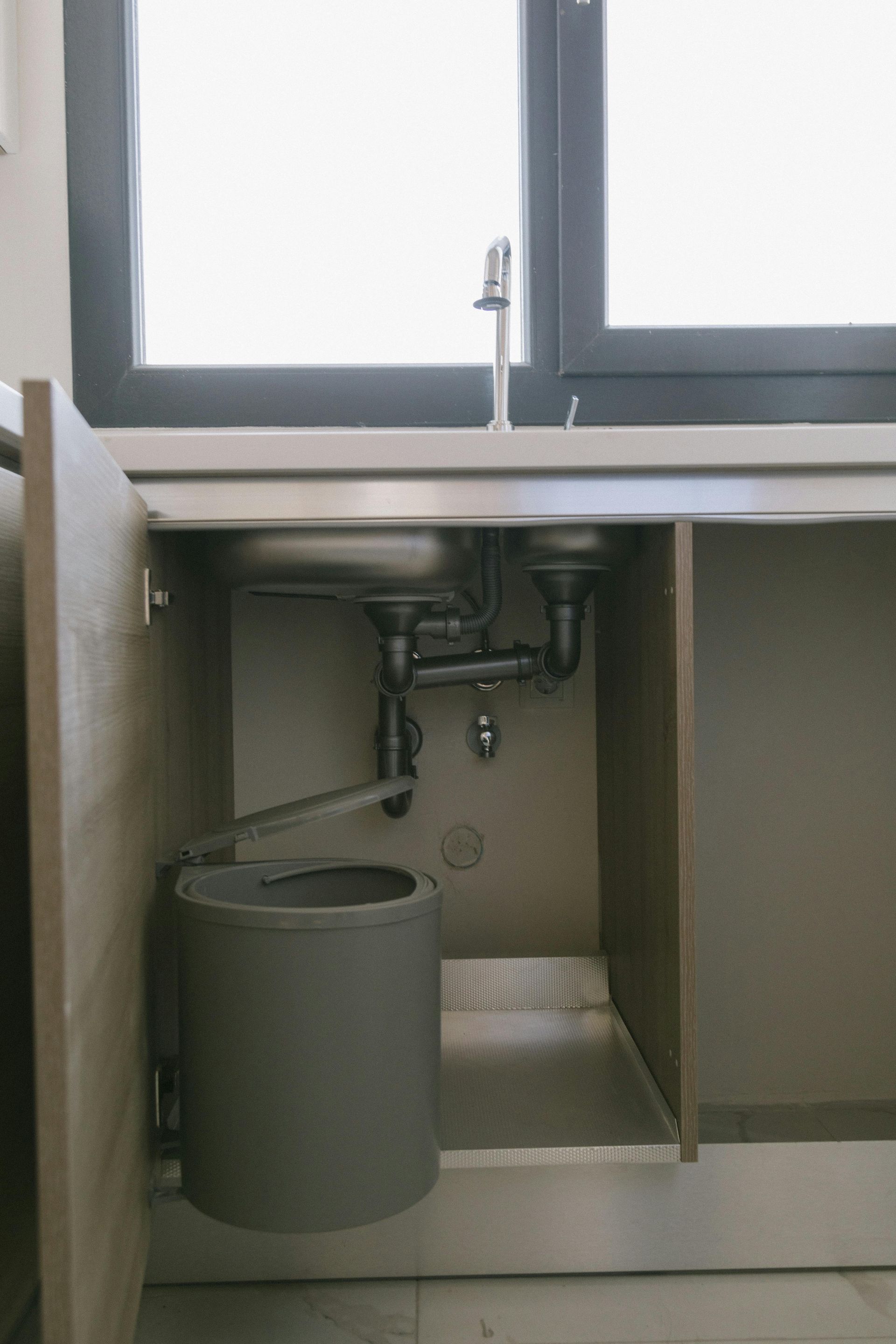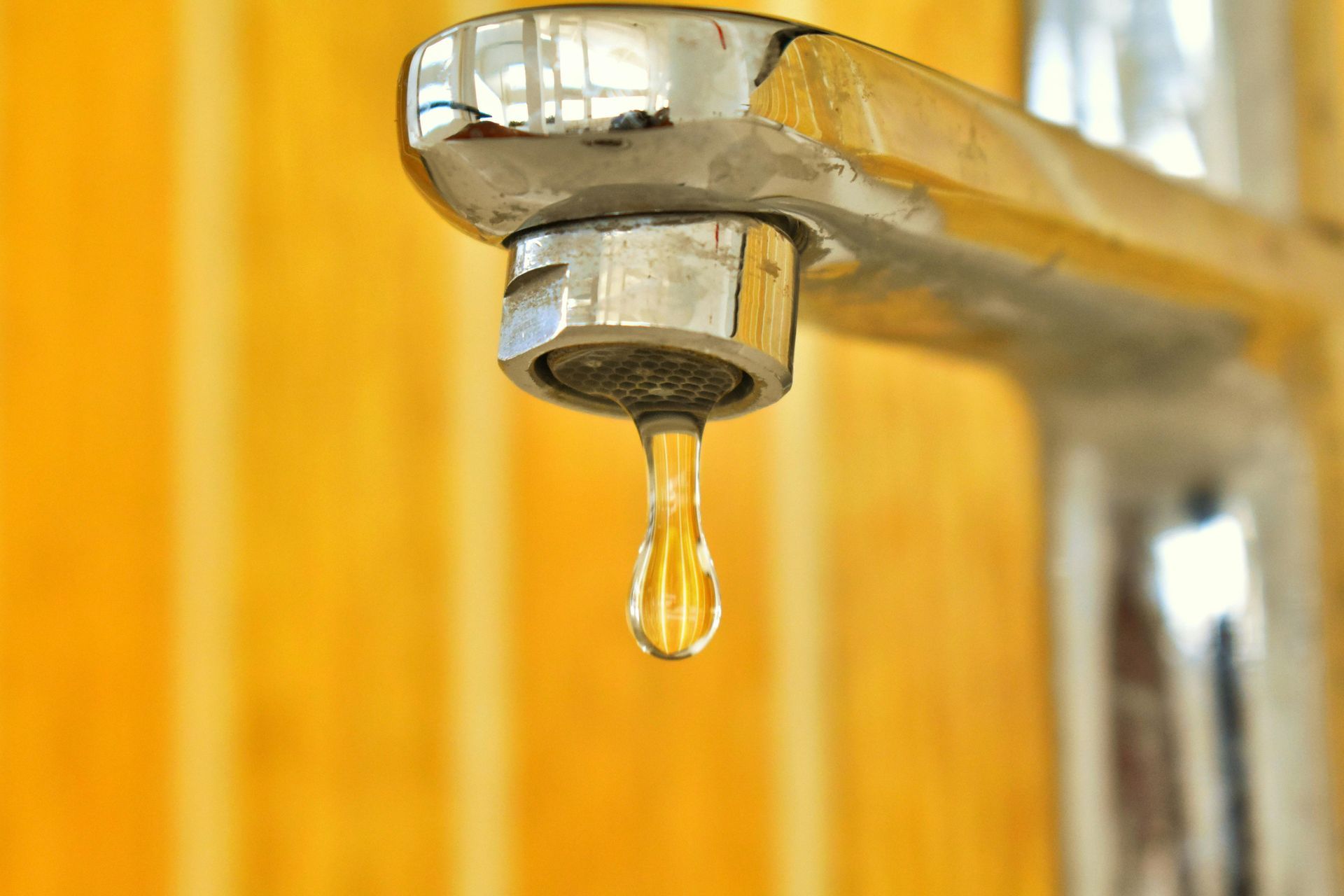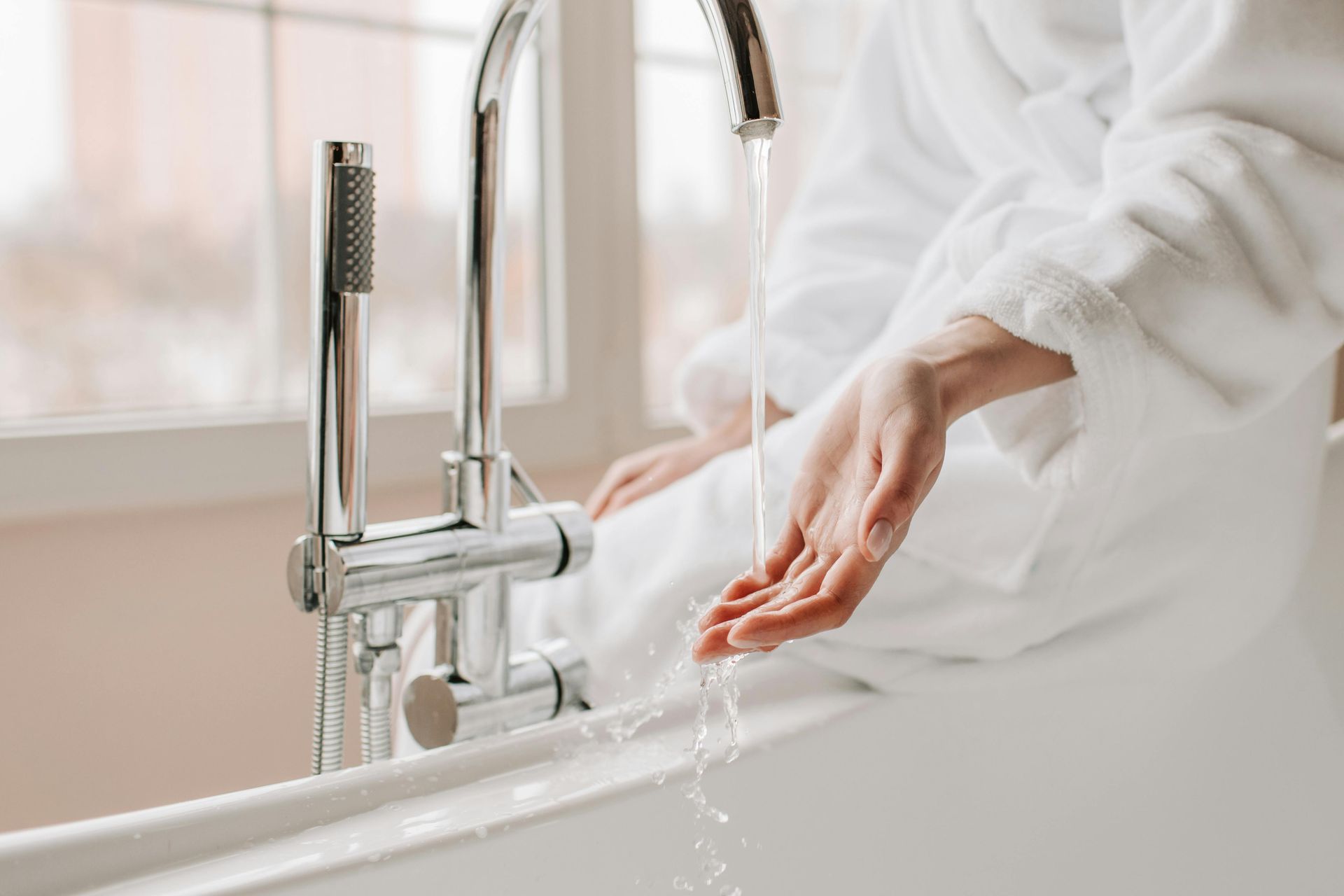Eco-Friendly Plumbing Solutions: Reducing Your Carbon Footprint
Low water pressure can be a frustrating problem for homeowners, making everyday tasks like showering, washing dishes, and even doing laundry a hassle. If you've noticed weak water flow, you're not alone—many homes experience pressure issues at some point. The good news is that there are several common causes, most of which can be fixed.
1. Clogged Pipes
Over time, mineral deposits, rust, and debris can accumulate inside your pipes, restricting water flow. If your home has old galvanized steel pipes, corrosion is a common issue that can significantly reduce water pressure.
How to Fix It:
- Remove and clean the aerator if only one faucet or fixture is affected.
- Flushing the pipes or replacing old corroded plumbing may be necessary for whole-house pressure issues.
- Consider installing a water softener if hard water buildup is a frequent problem.
2. Faulty Pressure Regulator
A pressure regulator is a device that controls the water pressure entering your home. It can cause high or low water pressure throughout the house if it malfunctions.
How to Fix It:
- Locate the pressure regulator (usually near your main water line).
- Use a water pressure gauge to check if the pressure is lower than usual (typically below 40 psi).
- A professional plumber may need adjustment or replacement if the regulator is faulty.
3. Leaky Pipes
Leaks in your plumbing system can reduce water pressure before it reaches your faucets. Small leaks might not always be noticeable, but they can contribute to a significant drop in pressure over time.
How to Fix It:
- Check for visible leaks around sinks, toilets, and exposed pipes.
- Listen for the sound of running water when no fixtures are in use.
- If you suspect a hidden leak, turn off all water sources and check your water meter—if it's still moving, you likely leak.
- Hire a plumber to inspect and repair any damaged pipes.
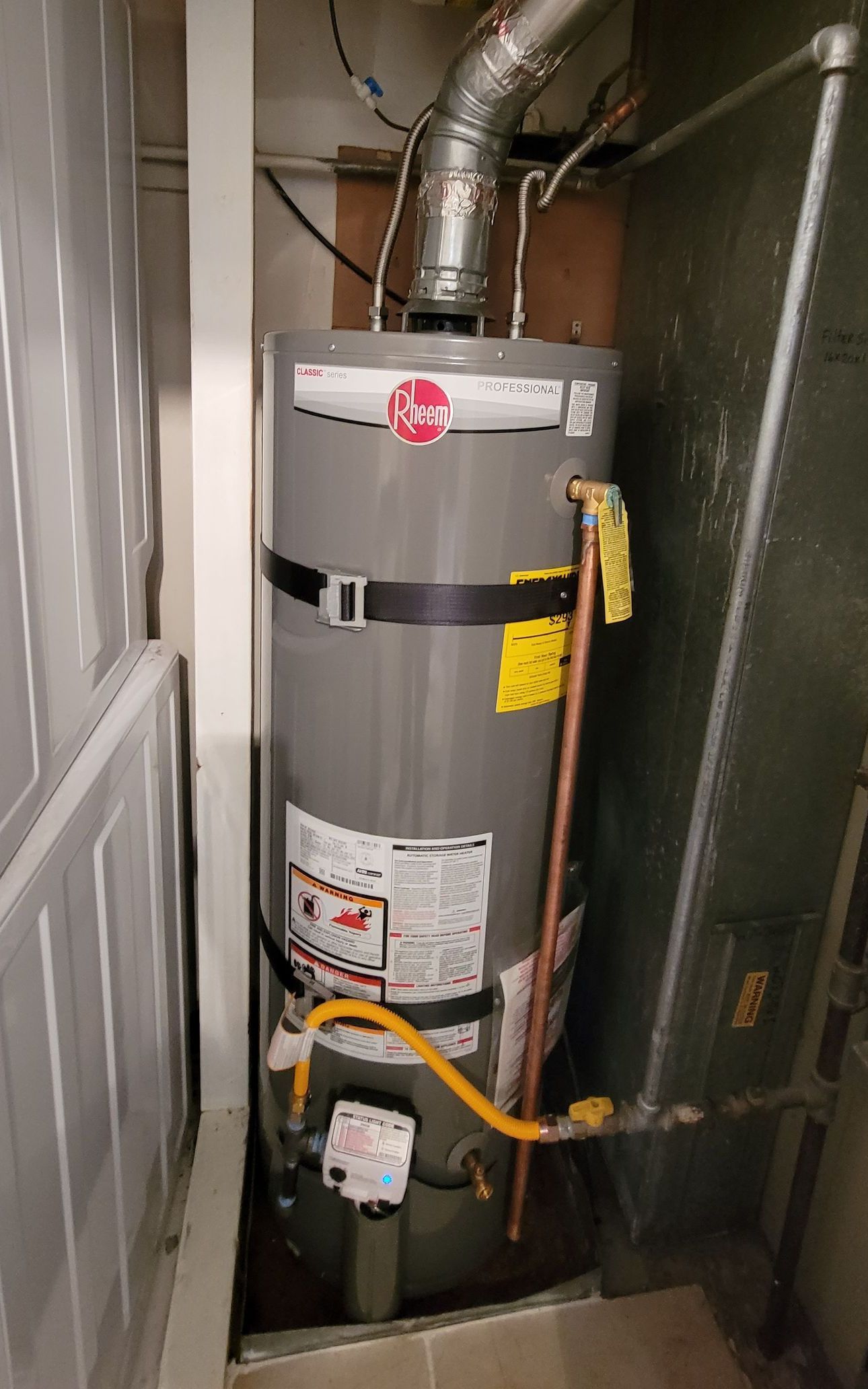
4. Municipal Water Supply Issues
Sometimes, low water pressure isn’t caused by anything inside your home—it could be due to problems with your local water supply. Cities occasionally perform maintenance or experience mainline issues that temporarily reduce pressure.
How to Fix It:
- Check with your neighbors—if they’re experiencing similar issues, it’s likely a municipal problem.
- Contact your local water utility company to see if there are ongoing repairs or outages.
- If the issue persists, consider installing a water pressure booster system for your home.
5. Partially Closed or Faulty Valves
Your home has several shut-off valves that control water flow. If one of these valves isn’t fully open, it can restrict water pressure.
How to Fix It:
- Check the main shut-off valve (usually where the water line enters your home) and ensure it’s fully open.
- Inspect any additional shut-off valves under sinks, behind toilets, and near appliances.
- Replacing a valve may restore proper pressure if a valve is damaged or malfunctioning.
6. Problems with the Water Heater
If only your hot water pressure is low, the issue could be related to your water heater. Sediment buildup in the tank can restrict water flow, or the heater may have a problem.
How to Fix It:
- Flush the water heater to remove sediment buildup.
- Check for leaks or damage to the heater.
- If the problem persists, it may be time to replace the unit.
Why You Should Hire a Professional Plumber
While some low water pressure issues can be fixed with basic troubleshooting, more complex problems require the expertise of a professional. A licensed plumber can diagnose the root cause of your pressure issues and provide long-term solutions.
Check out our services: Water Softeners & Treatment, Water Repair & Install, Tankless Water Heaters, Residential & Emergency Plumbing.
Blog
Book a Service Today
For more info on water softeners, water heaters and tankless water heaters Idaho Residents need, contact us today.
